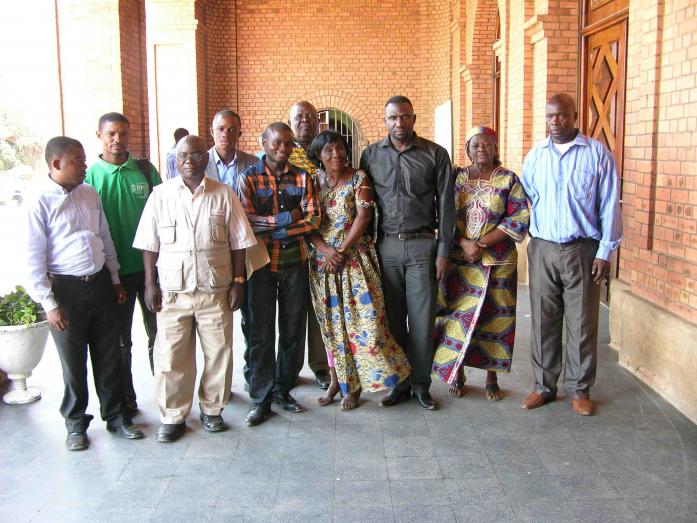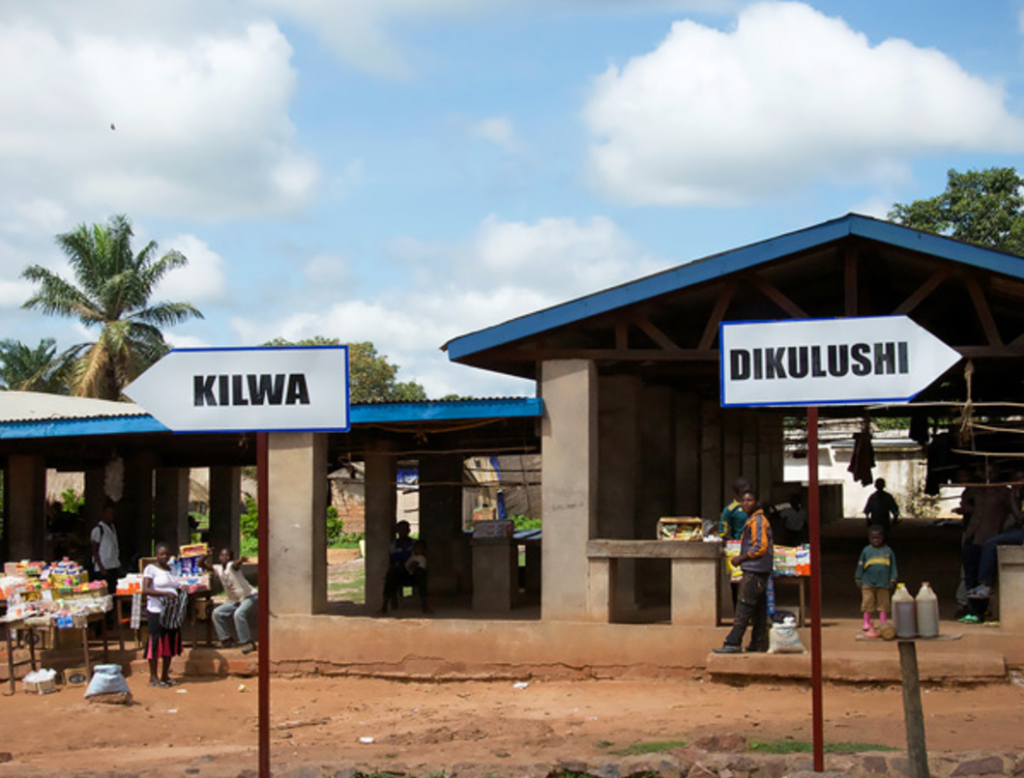DRC Government should implement African Commission decision award of $4.36 million
Pour une version en français, cliquez ici.
President Felix Tshisekedi of the Democratic Republic of Congo (DRC) should urgently rectify the human rights failures of the previous government and implement the decision of the African Commission on Human and Peoples’ Rights regarding the victims of serious human rights violations in Kilwa, south-eastern DRC, three international and Congolese human rights groups who initiated the complaint said today.
President Tshisekedi is currently the Chairperson of the African Union and has pledged to promote human rights and uphold African institutions. This week, the African Commission is celebrating the 40th anniversary of the African Charter on Human and Peoples’ Rights, adopted on 27 June 1981 by the Assembly of Heads of State of the then Organization of African Unity (now African Union).
“In his role as chairperson of the African Union, President Tshisekedi has used strong language urging respect for human rights across the African continent, but these words are hollow if his own government fails to implement decisions by African institutions tasked with protecting those rights,” said Emmanuel Umpula, Executive Director of AFREWATCH.
In 2017, the African Commission found the DRC in violation of the African Charter in relation to the massacre of over 70 people by Congolese soldiers in the town of Kilwa in 2004. It awarded compensation of $4.36 million to eight victims and their families, the highest award ever granted by the African Commission, and directed the Congolese State to identify and compensate other victims and their families not party to the complaint who were also directly affected by the attack. The government of former President Joseph Kabila ignored the African Commission’s decision, and the decision has still not been implemented.
“When African governments ignore the decisions of African human rights bodies, not only do they undermine the African Charter and African institutions, they let down the African people,” said Gaye Sowe, the Executive Director of IHRDA. “President Tshisekedi can demonstrate bold leadership on human rights by implementing the decision of the African Commission relating to the Kilwa massacre in DRC.”
In a public letter addressed to President Tshisekedi and issued today, the rights groups who initiated the complaint to the African Commission on behalf of the victims said the Congolese State was in violation of its national and international obligations by its failure to implement the decision. The groups applauded the DRC government’s decision in December 2020 to ratify the Protocol on the establishment of an African Court of Human and Peoples’ Rights and highlighted that by taking this step, President Tshisekedi’s government is at risk of a ruling by the Court of non-compliance with the African Charter.
In their letter to President Tshisekedi, the groups said: “rather than the DRC facing a judgement against it by the African Court for non-compliance, we hope you will agree that implementing the African Commission’s decision on justice for the Kilwa victims is a better course of action [..] Not only is implementing the decision a legal obligation for the Congolese State, it is also the right thing to do, not just for the people of Kilwa, but for all African peoples whose human rights may be violated.”
Background
On 15 October 2004, Congolese soldiers brutally suppressed a small-scale uprising in the remote town of Kilwa. During and shortly after the operation, the military looted shops and houses, and detained, tortured, raped and killed civilians. Over 70 people were killed. The Australian-Canadian mining company Anvil Mining, which owned and operated the nearby copper and silver Dikulushi mine, was subsequently exposed for providing crucial logistical support for the operation.
After unsuccessful attempts to obtain criminal and civil justice in the DRC (see also here and here), Australia and Canada, eight of the victims brought a complaint to the African Commission on Human and Peoples’ Rights. The Commission, established under article 30 of the African Charter, is responsible for “promot[ing] human and people’s rights and ensur[ing] their protection in Africa”.
In 2017, the Commission issued a landmark decision requiring that the DRC provide the eight victims with damages totalling US $4.36 million. It also required the Congolese State to identify and provide reparation to victims not party to proceedings, launch a new criminal investigation, and “take all diligent measures to prosecute and punish agents of the state and Anvil Mining Company staff”.
The Congolese State was given until the 17th of December 2017 to inform the Commission of the steps it had taken to implement the recommendations. To date, no action has been taken.
The open letter can be found here.
For more background information
African Commission: Landmark $4.36 Million Award to DR Congo Massacre Victims
A Question and Answer document with further background.


